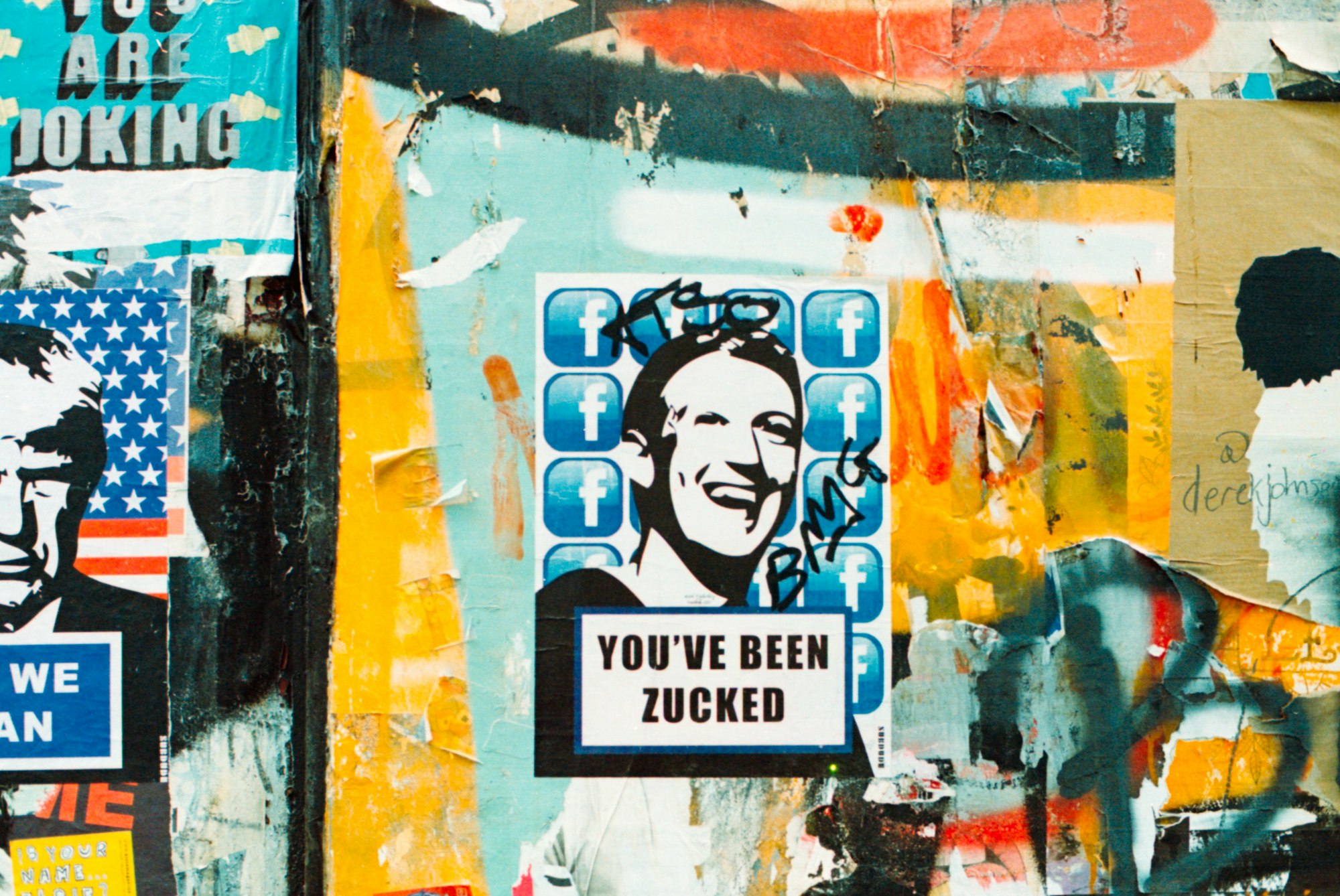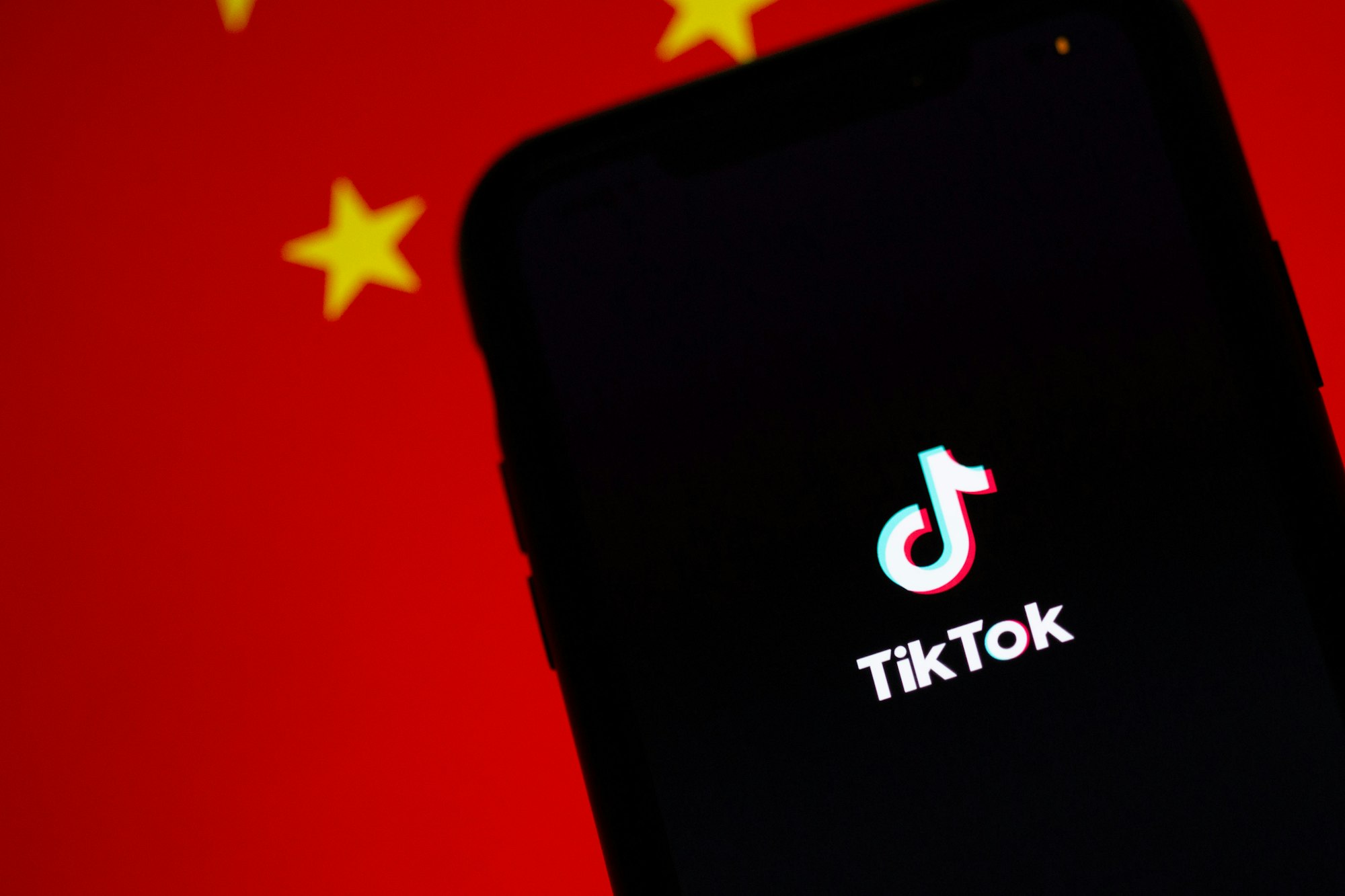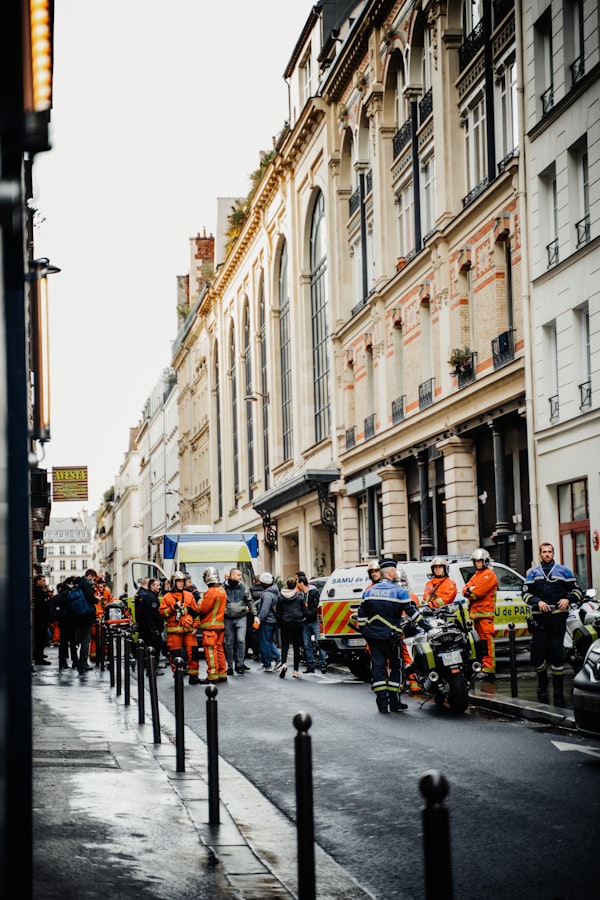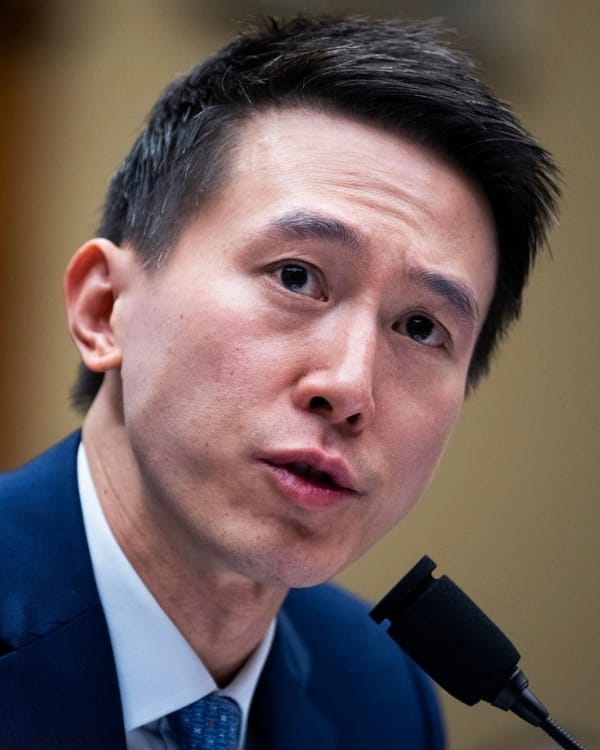The Curbing of the Digital Town Square

Over the last 15 years, Facebook and Instagram have helped people connect with friends, communities, and interests in the digital equivalent of a town square. But people increasingly also want to connect privately in the digital equivalent of the living room. As I think about the future of the internet, I believe a privacy-focused communications platform will become even more important than today's open platforms. Privacy gives people the freedom to be themselves and connect more naturally, which is why we build social networks.
- Mark Zuckerberg on March 12, 2021
During the Arab Spring in the early 2010s, social networks were lauded for their ability to provide a platform for dissent against oppressive political order. The who's who of tech produced articles, podcasts, and stories about how the digital town square is a bulwark and energizer for any and all advocating for social change. Millions of people were inspired to take formative action to rethink and rebuild their structure of government. This catalytic event sparked many forms of social uprising and the questioning of social norms.
Within the US, the Black Lives Matter movement continued this trend in 2013; raising attention to police brutality that black people have faced (and continue to face today). More people began to turn to social media as a means of taking back their voice that felt otherwise curbed by their job, social environment, or traditional established forms of media. Social media, in a lot of ways, assisted in changing the narrative of individuals and raising awareness of critical issues that impact parts of our society, large and small. As with all social change, institutions and established parties resist in different manners. Whether it's labeling dissidents as spies or foreign agents, the call for change often faces an overwhelming force that leverages power against opposition.

Meta announced on their Instagram Blog in February that they plan to limit political recommendations from accounts you don't follow. This change landed in the past week to the uproar of many users. Simultaneously, the company announced on their transparency center that they are "[shifting] away from ranking political content in Facebook Feed based on engagement signals – such as how likely you are to comment on or share content – since we’ve found that they are not reliable indicators that the content is valuable to someone."
This is a radical shift from the boisterous advocacy we've heard from the same companies and tech leaders that have positioned themselves as the center of the people's voice. The removal of "political" content raises concerning questions over the liberty that platforms are taking with their established power. While Meta contends that this policy does not affect content of people you directly follow, it raises a disturbing behavior when "political" content is being systemically silenced and moderated.
The challenge of banning any "political" content the definition of "political" is inherently biased based on the context by which it is viewed as. One could argue that posting about LGBTQ+ issues in Qatar, hijab bans in France, or police brutality in the United States all count as "political" content. Moreover, it is challenging to include this multi-dimensional context in the framing of a recommendation algorithm. I doubt that Meta will run it's own country-specific moderation teams and cater algorithms of "political" recommendations to the specific region you're viewing from.
At a societal level, this lack of definition is quite troubling. There is a strong, documented correlation between Meta's enforcement policies and how they align with the (often Western) political status quo. The corollary of this policy effectively reduces the reach and influence of individuals who are in minority communities that decide to use their voice to advocate for issues that matter to them. Influencers that decide to advocate for certain issues mean that they risk their reach (and therefore livelihood) by saying anything deemed "political." Combined with the significant lack of transparency over Facebook's moderation policy and increasing dependency on non-human AI-based review, it becomes a vague threat that can have disturbing ramifications on minority communities.
For Meta to make an recommendation decision over what content is "political" means that, by definition, they must decide the lines of controversy and make a decision based on regional powers. In context of the myriad of moderation and enforcement flaws that have been pointed out by Meta's own Oversight Board, the curbing of the digital town square we're seeing today shows that Meta would rather reduce the proliferation of the marketplace of ideas rather than meaningfully address the genuine questions of content suppression and moderation.

As Nitasha Tiku pointed out in a recent article, the tech industry has shifted; "[c]onnecting the world is out. Rearming the arsenal of democracy is in." While Meta is not directly building the weapons of the future, it would be imprudent to not consider the larger geopolitical ramifications of this policy. As the 2016 election showed, information is a key part of the modern battlefield. The decision to ban "political" content does not happen in a vacuum. It would be remiss to view this other than a policy decision that considers, at least in part, the leveraging by foreign influence operations of key social issues to stoke the flames of political unrest. Increasingly, the technology industry has grown to align with the interests of their home governments. More succinctly, "[r]ising interest rates, fragility in the global supply chain and China’s rapid militarization have led to fears that the United States, and perhaps the industry itself, is vulnerable," Tiku explains.
Governments are more than happy to accept this support; leveraging their domestic intellectual power to their advantage while industry stays relatively silent on issues as a whole. The TikTok ban that recently passed the House of Representatives in the US further shows the solidifying alignment of power. Companies like Meta, Google, and Apple issued dozens of statements, deployed hundreds of lobbyists, and spent millions on public relations campaigns to explain the harms of banning encryption, stifling innovation, or preserving their images for a common good. Yet, these companies have been silent on granting the president the authority to unilaterally ban any apps that have more than a million users if they are under control of a "foreign adversary."
What we see is the final unveiling of the decade of technology optimism that has propagandized so many industry technologists. For the world, technology isn't a force for good anymore, it's a force for established powers. If the use of "political" content can be leveraged to disrupt the stability of the home state, then it is better to restrict it's distribution. For users like you and me, we're left with the vague promise of the "digital living room." A space that is left bereft of the global context we live in. A space where institutional powers can craft our virtual reality.



